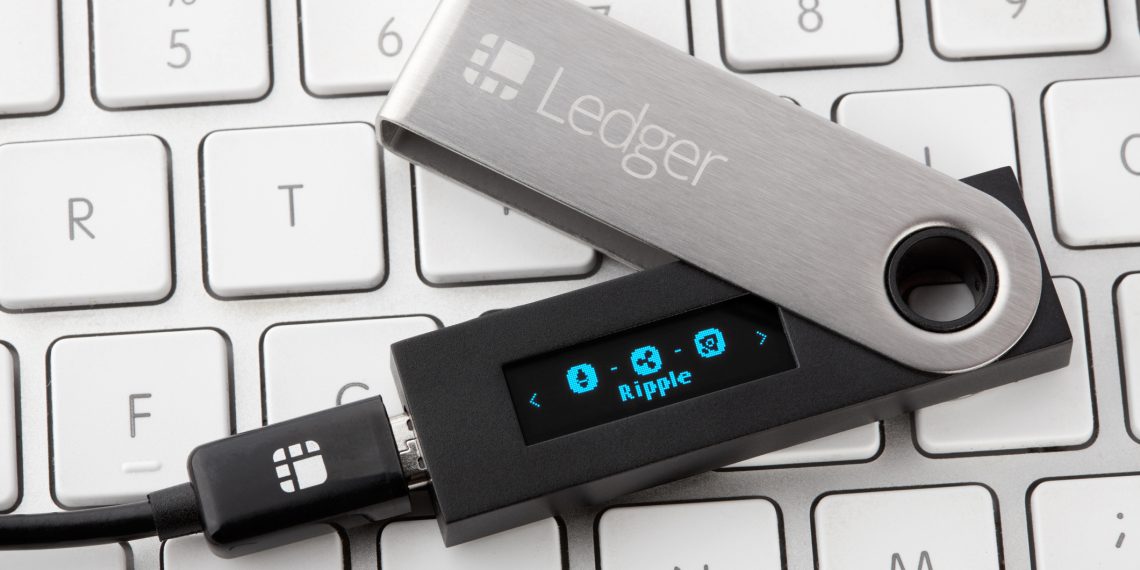Ripple(XRP) Wallets for Beginners
Ripple is currently one of the most functional cryptocurrencies. It is a payment focused crypto asset that is underpinned by the XRP Ledger (XRPL) blockchain. It is an open-source digital asset that is permissionless and a decentralised blockchain technology that comes with fast transaction speeds.
Unlike the other cryptos that are more antagonistic with the traditional financial platforms, XRP is more collaborative. Most of the traditional institutions like banks can use it to transfer funds securely and fast. It is the only token issuer to beat SWIFT as a money transfer platform.
Given these functionalities, XRP remains an ideal investment. Once you invest in the coin, you have to ensure reliable access and security. That is where the XRP wallets come in. There are multiple XRP wallets in the market to choose from. This guide looks into these options and the most ideal for you.
What is a Ripple wallet?
As digital money, Ripple is stored digitally. Therefore, an XRP wallet is software that allows access to the XRP funds. It facilitates storage, sending, withdrawing, receiving, and trading the digital assets according to the holder needs.
The XRP wallets operate on a blockchain technology that depends on the continuity of blocks. As such, you can use your wallet to send XRP to a non-XRP address. Neither can you share your data with third parties (privacy is paramount) nor withdraw fiat currency from a bank.
The XRP wallet manages the private and public keys, which allow the user access to the funds. They also provide an ideal interface to monitor the funds. Still, you can opt to run an XRP for more than one person. In this case, you will use a multisignature crypto wallet, where you require authorisation from more than one party to transact.
Types of XRP Wallets
There are various crypto wallets made for different devices. They also exist in various forms. Some of the common XRP wallets include;
-
Exchange wallets
Every exchange that allows you to trade XRP provides a crypto wallet for storage. The exchange wallets are ideal for short-term storage given the susceptibility of exchanges to hacking and other concerns.
Some of the best XRP exchange wallets are Coinbase and CoinSport wallets.
-
Hardware wallets
Hardware XRP wallets are physical items that store XRP away from the internet. They are popular due to their protection against hacking and scams.
There are various companies that produce top quality XRP hardware wallets to use. Some of the best options include the Ledger Nano S and Trezor.
-
Software wallets
XRP software wallets are applications meant for storing XRP online. They are accessible through mobile devices and desktops.
The software wallets are convenient as you can access them anywhere as long as you have internet access. Their only concern is their security due to the internet connection. Some of the top software wallets for XRP are Jaxx and Exodus wallets.
-
Paper wallets
As the name implies, paper wallets hold the XRP details on a piece of paper. Using this wallet involves creating a specific asset website, then printing it on a piece of paper. The major concern with paper wallets is the susceptibility to phishing efforts.
Regardless of the storage method, you need proper crypto knowledge for the utmost security and convenience. Understanding how to operate and manage your XRP is the only way to effectively store your funds.












